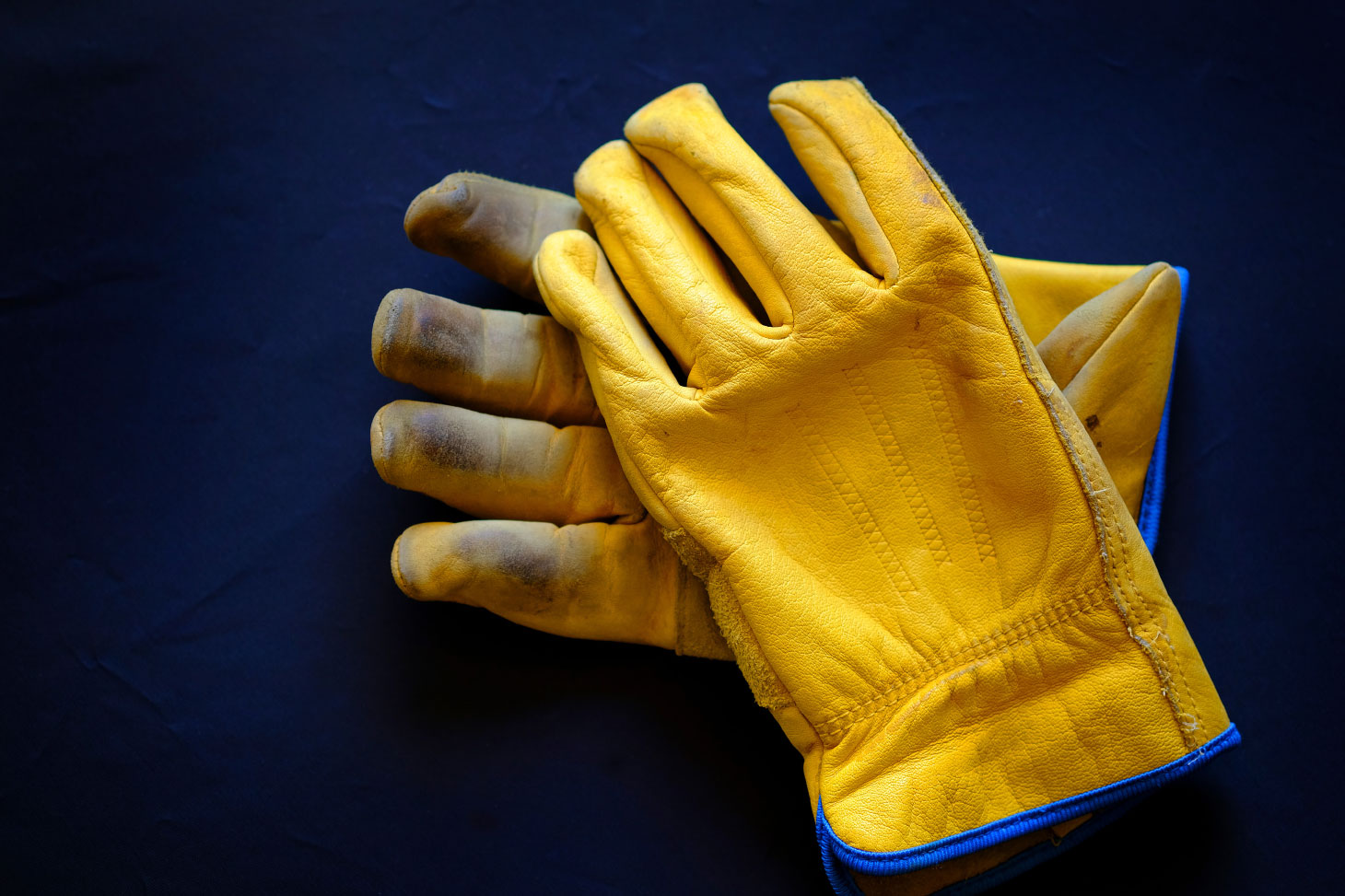
There has been much dialogue regarding women in construction and advocating for changes in the industry, especially when it comes to personal protective equipment (PPE) and workplace culture. What if improvements in both these areas were long overdue regardless of gender?
PPE
Updated 2023 legislation in Ontario states, “Personal protective clothing and equipment that is provided, worn or used shall be a proper fit, having regard to all relevant factors, including body types.” This legislation was introduced with women in mind but wearing proper fitting PPE is in everyone’s best interest. Think about this regarding safety glasses, fall protection harnesses, gloves, ear plugs and more.
It is common to find “one-size-fits-all” PPE on a project site, but all men are not six feet tall and 200 pounds, either. It isn’t just about donning the safety equipment but protecting the worker from the hazard of the task at hand.
Have you ever spotted someone with safety glasses sliding down their nose; harness shoulder straps falling off; gloves that are too big; or ear plugs falling out while they work? Each one of these scenarios create its own safety hazard. Safety protection is not one-size-fits-all, yet we often find gear on site in one size only.
Safety protection is not one-size-fits-all, yet we often find gear on site in one size only.
How do we end up with ill-fitting PPE on site? Most often, the culprit is lack of education. In many situations, the person who is tasked with ordering the company’s PPE may be doing this as “another duty as assigned” and has never been properly trained in its requirements. If this is the situation at your company, reach out to a health and safety firm to help you wade through this unknown (and often confusing) territory.
Workplace culture
Construction culture has come a long way since the days of catcalling, hand gestures and politically incorrect comments directed at co-workers, but there is still work to do.
The construction environment has not always been kind or healthy to all men on site. Often, the people who are carrying out any “teasing” at work believe that it’s part of a “tough love” approach.
However, it’s 2024, and we know this “tough love” approach does not have a positive impact. For men who are on the receiving end of workplace teasing, I typically ask them if they enjoy coming to work every day. More times than I can count, their response is, “No, I [expletive] hate it.”
When it’s projected that the Canadian construction industry will be short by almost 300,000 workers by the year 2032, does it really make sense to drive away the good talent we do have?
The same applies to women on site.
As a man, if you don’t think it’s acceptable when a male worker makes remarks to female workers like, “Hey, get back in the kitchen,” or, “We’re the muscle, she’s just the eye candy” – please speak up. Become the ally that we need to make this sector more inclusive.
If you are a man and you notice that when sitting at the boardroom table, every time your female co-worker starts to speak, someone cuts her off, please be the ally who says, “Hold on, I’d like to finish hearing what Rose has to say and then we can move on to you.”
As a man or woman who witnesses a man receiving unwelcomed comments, be the ally that they need.
People need to come together collectively to speak up about negative behaviour. Only then will we start to see the change needed throughout this industry. This can be difficult or uncomfortable to address, but what you accept becomes the culture.
As an employer or supervisor, if this sounds familiar to you, it may be time to get your house in order. It’s expected that Canadian provinces will be ramping up legislation to address workplace harassment in the near future.
How will your company fare? There are many benefits to an inclusive workplace. How is better talent attraction and retention, higher employee engagement, increased innovation and creativity and enhanced decision-making not good for business?
While addressing certain problems in the construction workplace may be framed as accommodating women in the industry, the fact is that these safety and cultural changes are what’s safe and healthy for everyone on a work site, regardless of gender.
Susan Carey is the president of BuildSafe – Construction Safety Services Inc.